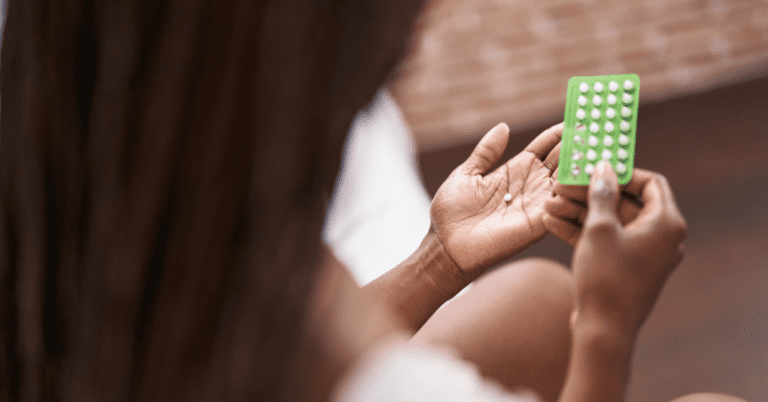Radon and lung cancer might not seem related at first glance, but this invisible gas plays a significant role in lung health. Let’s explore what radon is, how it impacts lung cancer risk, and what steps you can take to protect yourself.
What Exactly is Radon?
Radon is a naturally occurring radioactive gas produced from the decay of uranium found in soil, rock, and water. It’s odorless, colorless, and tasteless, making it hard to detect without proper testing. Radon can enter homes through cracks in floors, walls, and foundations, and it can eventually lead to dangerous levels indoors.
How Does Radon Cause Lung Cancer?
When radon gas is inhaled, it releases radioactive particles that can damage the cells in your lungs. Over time, this damage can lead to lung cancer. The risk is significantly higher for smokers, but non-smokers are also at risk. The Environmental Protection Agency (EPA) estimates that radon exposure is responsible for about 21,000 lung cancer deaths annually in the U.S.
Testing Your Home for Radon
The only way to know if your home has high radon levels is to test for it. You can purchase a radon test kit from a hardware store or online. Short-term tests take a few days, while long-term tests monitor radon levels for 90 days or more. The EPA recommends taking action to reduce radon if levels are 4 picocuries per liter (pCi/L) or higher.
Steps to Make Your Home Radon-Free
Reducing radon levels in your home involves a few key steps:
- Improve Ventilation: Increase airflow in your home by opening windows and using fans.
- Seal Cracks: Use caulk or foam to seal cracks in floors, walls, and around pipes.
- Install a Radon Mitigation System: For higher levels, a professional can install a mitigation system to vent radon gas outside.
Chris Draft’s Story
We met with Chris Draft, a former NFL linebacker, who shared his personal story about how lung cancer affected his life. Chris became an advocate for lung cancer awareness after his wife, Keasha, was diagnosed with the disease. His message is powerful and clear: if you were diagnosed with this disease, you matter. Watch Chris share his story and message of hope in this video.
How NOWINCLUDED Can Help
At NOWINCLUDED, we’re committed to raising awareness about lung health risks like radon exposure. For more information, visit our article on Questions About Lung Cancer. Join our community discussions to share your tips!
You Might Also Like:

Breast cancer
5 Things to Know About HER2+ Breast Cancer in the Black Community
If you or a loved one are navigating HER2+ breast cancer, here are five critical things to know—grounded in science and shaped by real disparities that deserve more attention.
Dr. Raquel Hammonds
May 12, 2025

Breast cancer
These 6 Things May Increase Your Breast Cancer Risk
These 6 risk factors, including birth control to family history, could be putting you at risk of breast cancer. Click to learn more.
Dr. Raquel Hammonds
April 22, 2025


